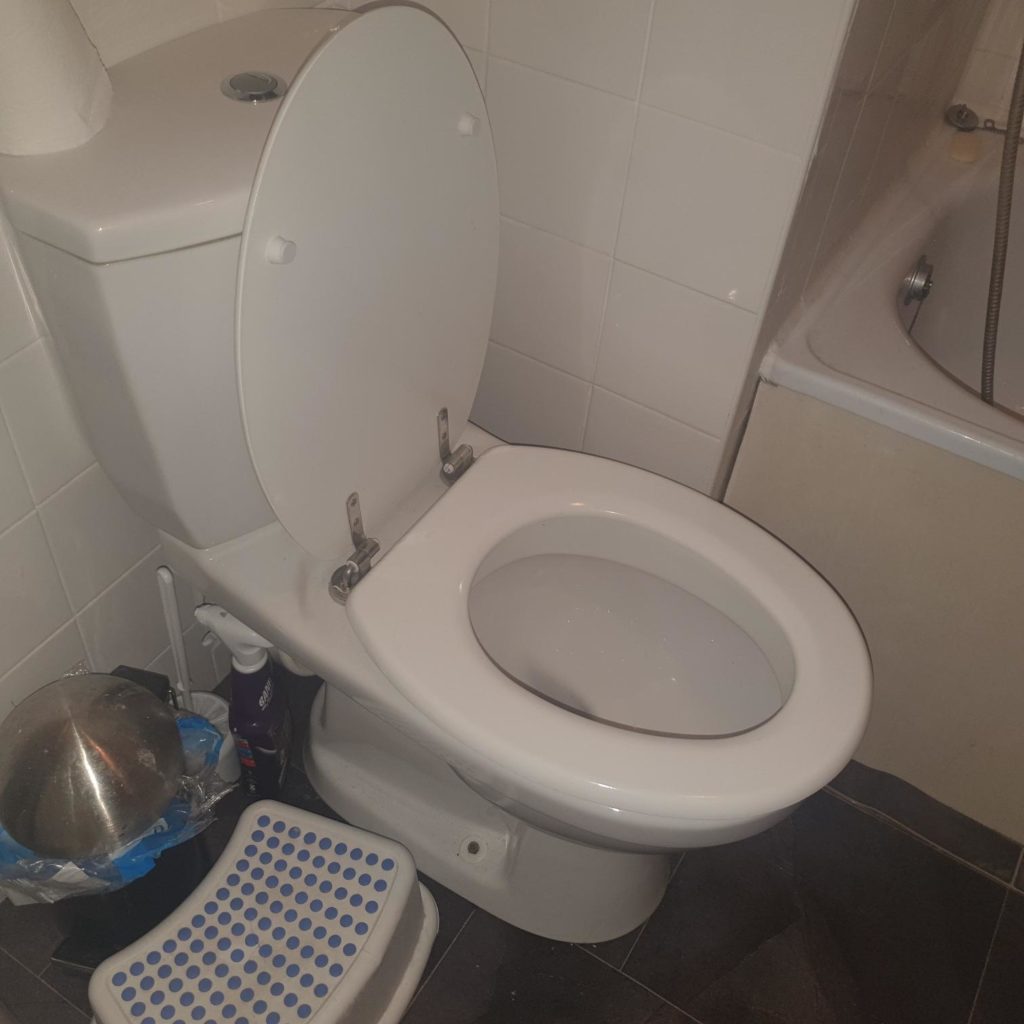In this comprehensive guide, we will delve into the topic of Drain Unblocking, providing expert insights, practical tips, and FAQs to help you keep your drainage system flowing smoothly.
Introduction
Welcome to our comprehensive guide on Drain Unblocking, where we will explore everything you need to know about maintaining clear and efficient drainage systems. Clogged drains can be a real nuisance, causing unpleasant odors, slow drainage, and potential water damage. Understanding the causes of blockages, preventive measures, and effective remedies is crucial to ensure a healthy plumbing system.

Drain Unblocking: Understanding the Problem
In this section, we will delve into the concept of Drain Unblocking, discussing the causes of clogged drains, and its implications on your plumbing.
What Causes Drain Blockages?
Clogged drains can occur due to various reasons, such as:
- Accumulation of Grease: Cooking grease, fats, and oils can solidify inside the pipes, causing blockages over time.
- Foreign Objects: Items like hair, dental floss, and small objects accidentally flushed down the drain can create stubborn blockages.
- Mineral Deposits: Hard water can lead to mineral deposits that gradually restrict water flow.
- Tree Root Intrusions: Tree roots seeking moisture can infiltrate pipes, leading to severe blockages.
The Implications of Blocked Drains
When left unattended, blocked drains can lead to:
- Foul Odors: Accumulated debris and stagnant water can produce unpleasant smells.
- Water Damage: Overflowing water can damage walls, floors, and nearby structures.
- Bacterial Growth: Stagnant water becomes a breeding ground for harmful bacteria.
- Reduced Efficiency: Slow drainage affects the overall performance of your plumbing system.
Effective Solutions for Drain Unblocking
In this section, we will discuss practical solutions to tackle drain blockages, including DIY methods and when to seek professional help.
DIY Methods for Clearing Blocked Drains
- Boiling Water: Pouring boiling water down the drain can help dissolve minor grease and organic blockages.
- Baking Soda and Vinegar: Create a mixture of baking soda and vinegar, pour it down the drain, and let it sit for an hour before flushing with hot water.
- Plunger: A plunger can be effective for dislodging blockages caused by solid materials.
- Drain Snake: Use a drain snake to reach and remove deeper clogs within the pipe.
When to Call a Professional
While DIY methods are useful for minor blockages, certain situations call for professional intervention:
- Persistent Clogs: If your DIY efforts prove futile, it’s time to call in the experts.
- Foul Smells: Foul odors despite cleaning might indicate a more serious issue.
- Multiple Clogged Drains: If multiple drains are affected simultaneously, there might be a larger problem in the sewer line.
Preventing Drain Blockages
Prevention is key when it comes to maintaining clear drains. In this section, we will explore preventive measures to avoid clogs in the first place.
Regular Cleaning
- Mesh Screens: Install mesh screens over drains to catch hair and large debris before they enter the pipes.
- Grease Disposal: Dispose of grease in a separate container rather than pouring it down the sink.
- Hot Water Flush: Regularly flush drains with hot water to prevent grease build-up.
Landscaping Considerations
- Tree Planting: Be mindful of tree planting near drainage pipes to avoid root intrusions.
- Gutter Maintenance: Keep gutters and downspouts clean to prevent debris from entering the drainage system.
FAQs: Your Drain Unblocking Questions Answered
- Can I use chemical drain cleaners to clear blockages?
Chemical drain cleaners can be effective but are harsh on pipes and can lead to long-term damage. It’s best to use natural alternatives or call a professional plumber.
- How often should I clean my drains to prevent blockages?
For preventive maintenance, clean your drains with hot water once a week, and consider using baking soda and vinegar once a month.
- Is a plunger effective for all types of blockages?
Plungers work well for simple blockages caused by solid materials but might not be effective against stubborn clogs deep within the pipes.
- Are tree roots a common cause of drain blockages?
Yes, tree roots seeking moisture are a common cause of drain blockages, especially in older properties.
- Can DIY methods damage my plumbing system?
When used cautiously, DIY methods are safe. However, excessive force or the use of harsh chemicals can damage pipes.
- How can I differentiate between a minor clog and a more significant issue?
If simple DIY methods don’t work or you notice foul odors and multiple clogs, it’s advisable to call a professional plumber.
Conclusion
Maintaining clear and unblocked drains is essential for a well-functioning plumbing system. By understanding the causes of blockages and adopting preventive measures, you can keep your drainage system in optimal condition. Remember, when in doubt, it’s always better to seek professional help to avoid exacerbating the problem.
Keep your pipes flowing freely, and say goodbye to drain blockages!